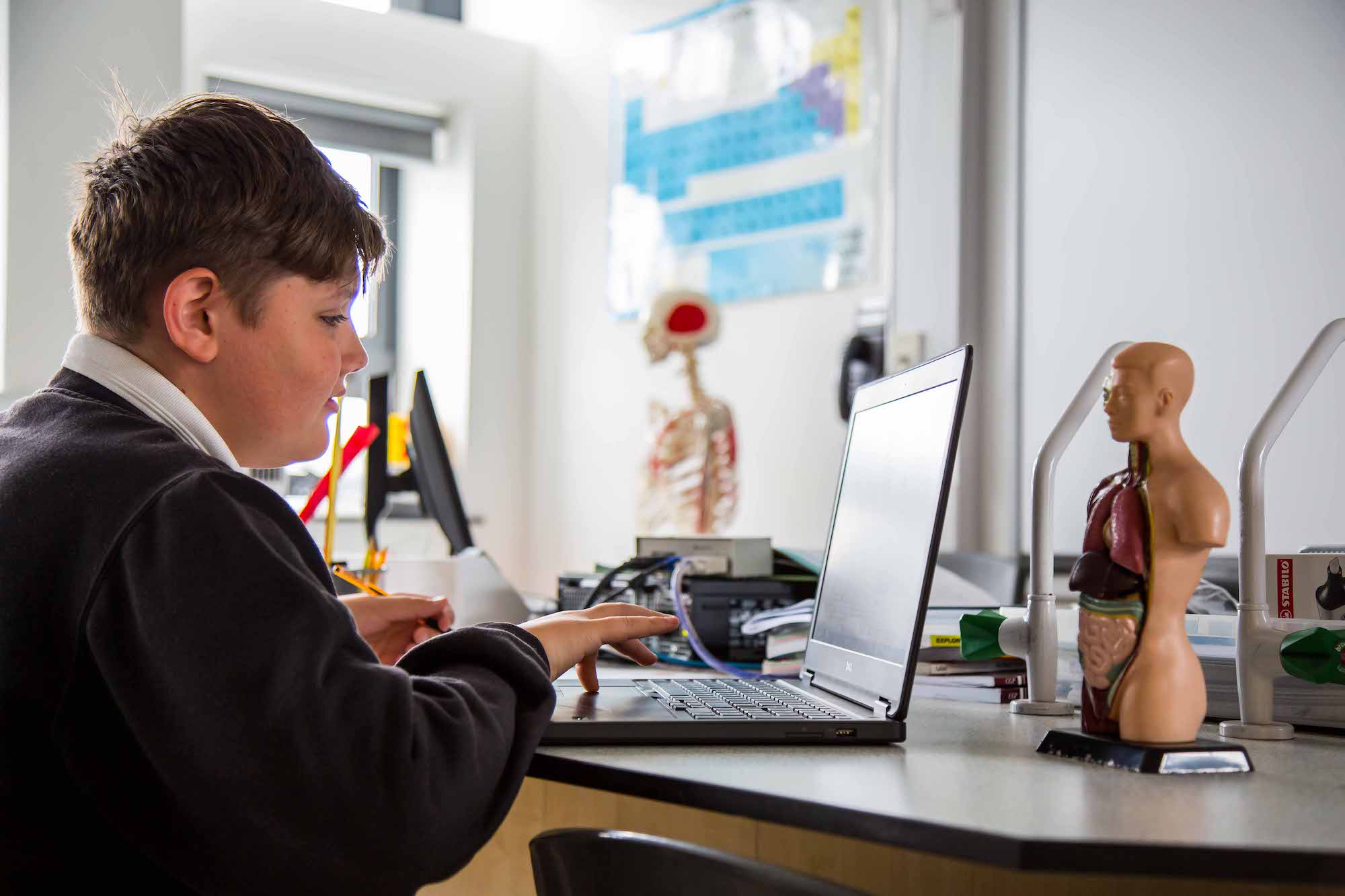- Curriculum Overview
- Subjects
- Options
- Revision & Support
- Independent Learning
- Personal Development
- Exams
- Careers
- Curriculum Overview
- Subjects
- Options
- Revision & Support
- Independent Learning
- Personal Development
- Exams
- Careers
Independent Learning
Independent learning is an integral part of the learning at FSD and it is an expectation that all students complete the independent learning set by their teachers.
Supporting students through an independent learning programme has a number of benefits. It:
- Provides students with opportunities to refine and extend their knowledge and skills.
- Helps students to acquire the habits of mind needed to study and learn independently (as required in higher education).
- Increases students’ chances of securing top examination grades (research suggests that the more independent learning a student does, the better their achievement).
- Teaches students the benefits of application, self-motivation, initiative, and resourcefulness, essential in all walks of life.
- Enhances the classroom experience for students and teachers.
Independent Learning Guidelines
Some subjects may set independent learning tasks every week, and others over longer stretches. Depending on the demands of the curriculum and age of the student, these demands may fluctuate at different times of the year. However, below is the maximum time commitment a student should be spending on independent learning. We believe the pressures of education should be balanced with a healthy lifestyle for all children.
In Year 7 students will be set 5 hours of independent learning per week. They will start with English and maths for 4 weeks and this will then increase to include science and French. After October half term students will be set independent learning in all subjects. The phased introduction of subjects will allow students to get into good study habits before the quantity of independent learning increases. Students should complete 1 hour of independent learning per night. This should be equivalent to two subjects per night. If the work does not take this long, students need to be doing additional independent work. This could include reading, consolidation, flashcards and accessing the resource hub for different subjects.
In Year 8 students will be expected to undertake 5 hours of independent learning per week, completing 1 hour of independent learning per night. This should be equivalent to two subjects per night. If the work does not take this long, students need to be doing additional independent work. This could include reading, consolidation, flashcards and accessing the resource hub for different subjects.
In Year 9 students will be expected to undertake 7 hours of independent learning per week, completing 1 hour of independent learning per night. This should be equivalent to two subjects per night. If the work does not take this long, students need to be doing additional independent work. This could include reading, consolidation, flashcards and accessing the resource hub for different subjects.
At GCSE students will be expected to undertake 10 hours of independent learning per week.
Support with Independent Learning
At FSD we believe every student should receive the support they need to complete their independent learning. We currently offer the following support:
- Independent Learning Club every lunch time
- Email support from teachers
- Asking for support at break/lunch time from teachers
Rewards
- High quality independent learning and a good work ethic will be praised in class. Achievement points can be awarded through Class Charts. Additionally, at key points throughout the academic year, there will be celebrations and rewards for those students who consistently meet the highest of standards of independent work.
Retrieval Strategies
For retrieval practice teachers will guide students towards specific sections of the knowledge organisers (within the knowledge folder) to create flashcards (or conduct other retrieval practice). Teachers will ensure that students have an overview of the focus for each week’s retrieval task in their exercise books and the specific homework expectation will be recorded through ClassCharts.
The retrieval strategies that we teach and encourage students to use are detailed in the graphic (click the link below).
There are some subjects, such as maths, where there is a need to rehearse and repeat skills and therefore students may be set an appropriate skills practice (using Sparks Maths for example) to complete for this subject area. All independent study, regardless of the nature of the task will be detailed on Class Charts.
Access the Year 7, 8 and 9 Knowledge Organisers by clicking on the relevant link bar below. Students can also access many support and learning materials for all of their subjects through the Learning Hub. https://framdurham.sharepoint.com/sites/ResourceHub

